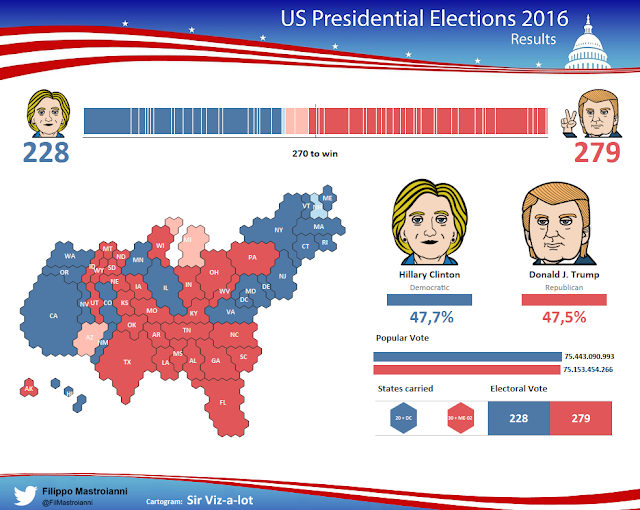$2,000 Cash Payments are the right idea, despite what the Washington Post says.
The Washington Post is a fantastic newspaper but they have a real issue in how they write about direct cash payments specifically and Universal Basic Income in general. Their latest editorial got a bit right, but so much wrong. Here is my comment: I absolutely agree that state and local aid is critical; and its lack is likely the reason that the 2008 recession lingered so long. That needs to be next. And I agree that that the "targeting" to under 150k a year is also foolish - but I agree because these payments should be universal, and recurring. But to oppose $2,000 stimulus checks is to show that the editorial board of the Washington Post is woefully uneducated about the large and growing body of evidence in support of direct cash payments, still believes that it is possible for the government to quickly and effectively "target aid", still believes that UI benefits do not have a negative drag on unemployment, and finally, and cruelly, that a certain
